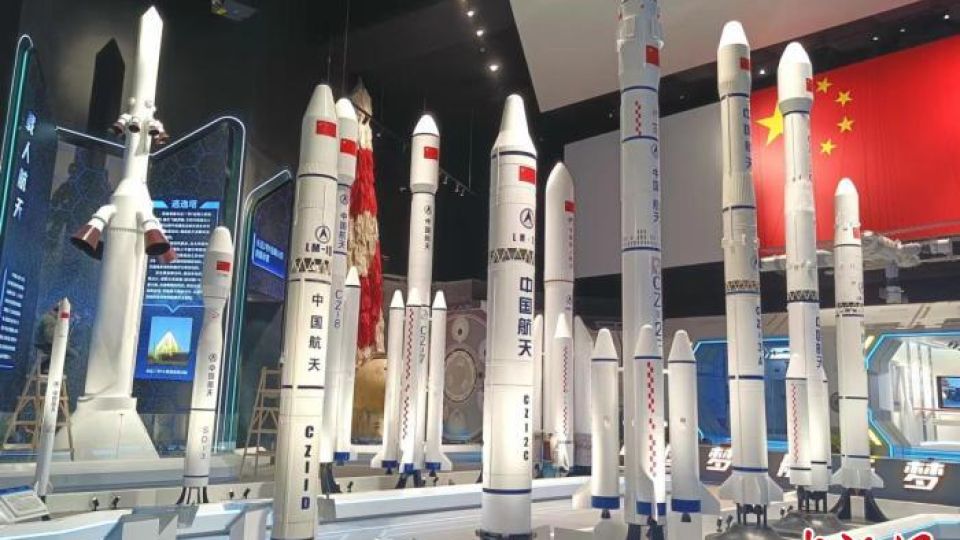November 17, 2022
BEIJING – The China Space Museum in Beijing reopened on Wednesday to mark the 65th anniversary of the founding of the China Academy of Launch Vehicle Technology, the nation’s major maker of carrier rockets and owner of the museum.
The museum was constructed and opened to the public in 1992. It is the oldest Chinese museum focused on the space industry and its programs and is also the largest space museum in Asia, the academy said in a news release.
In October 2019, a plan to restructure the museum was approved by the government.
Over the past year, the museum was relocated from inside the academy to a new site in a nearby community and underwent a massive upgrade.
Compared with the old version, the reopened museum features a broader selection of exhibits ranging from rockets to manned spacecraft. It also has a large amount of precious historical documents collected from space industry institutes, universities and enterprises, according to museum leaders.
Jiang Jie, a senior rocket scientist at the academy who was recently appointed curator, said the museum will strive to promulgate culture and knowledge of the space sector and will serve to boost the education of science, technology and patriotism.
Established in November 1957, the China Academy of Launch Vehicle Technology is now part of the State-owned conglomerate China Aerospace Science and Technology Corp. It is the country’s largest manufacturer of carrier rockets and consists of dozens of institutes and factories.
The academy’s products include the Long March 2F rocket that sends Chinese astronauts on spaceflights and the Long March 5 family, which has played a leading role in the country’s space station and deep-space exploration programs.


